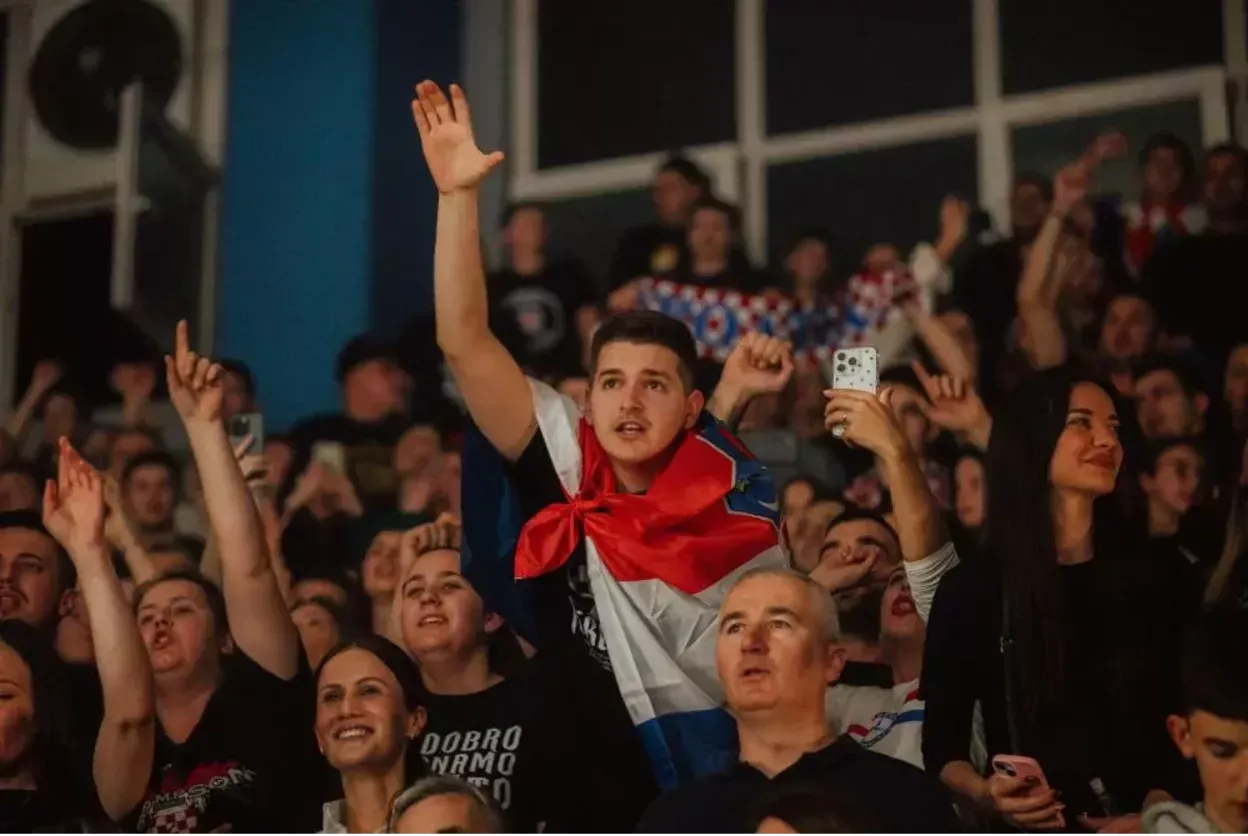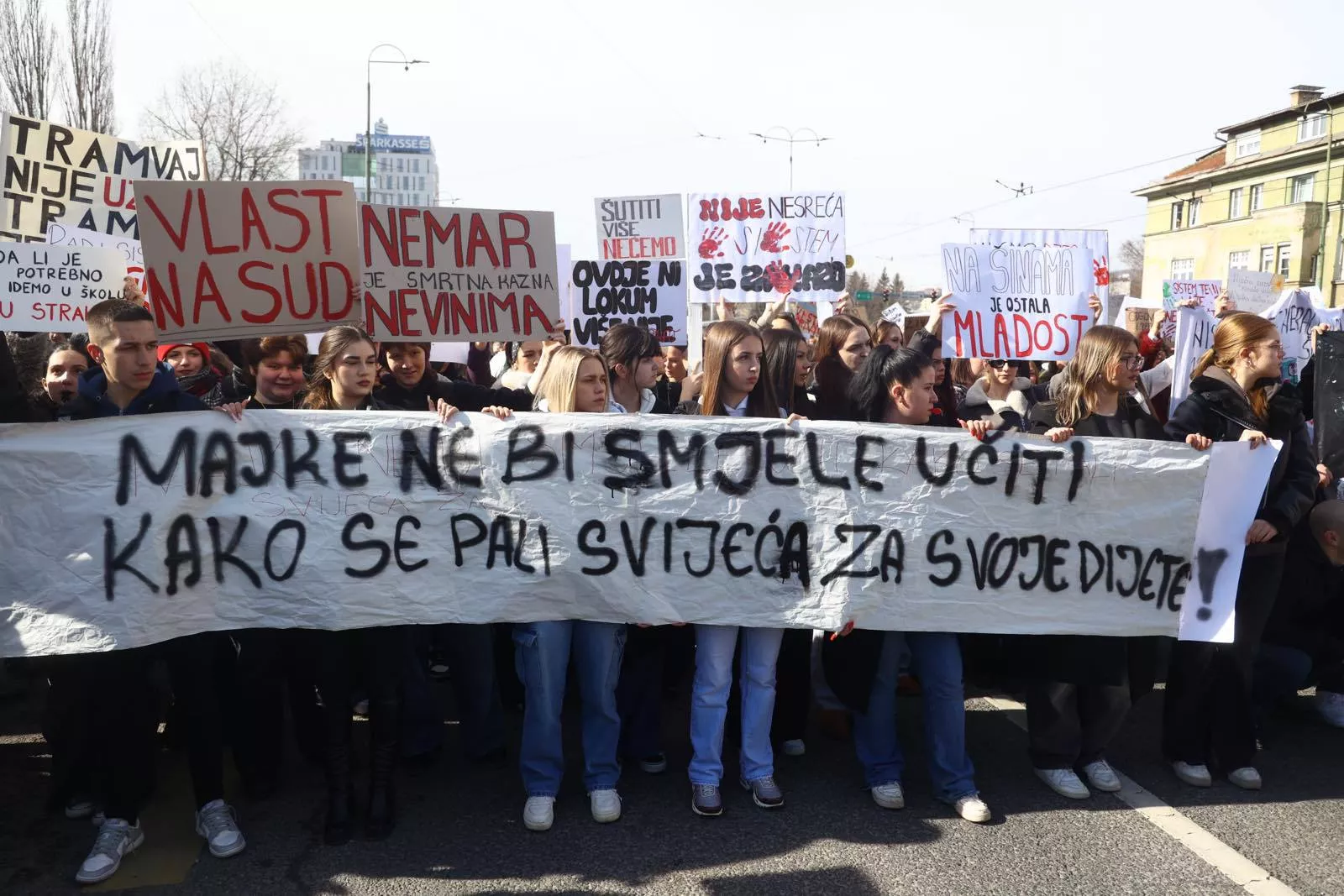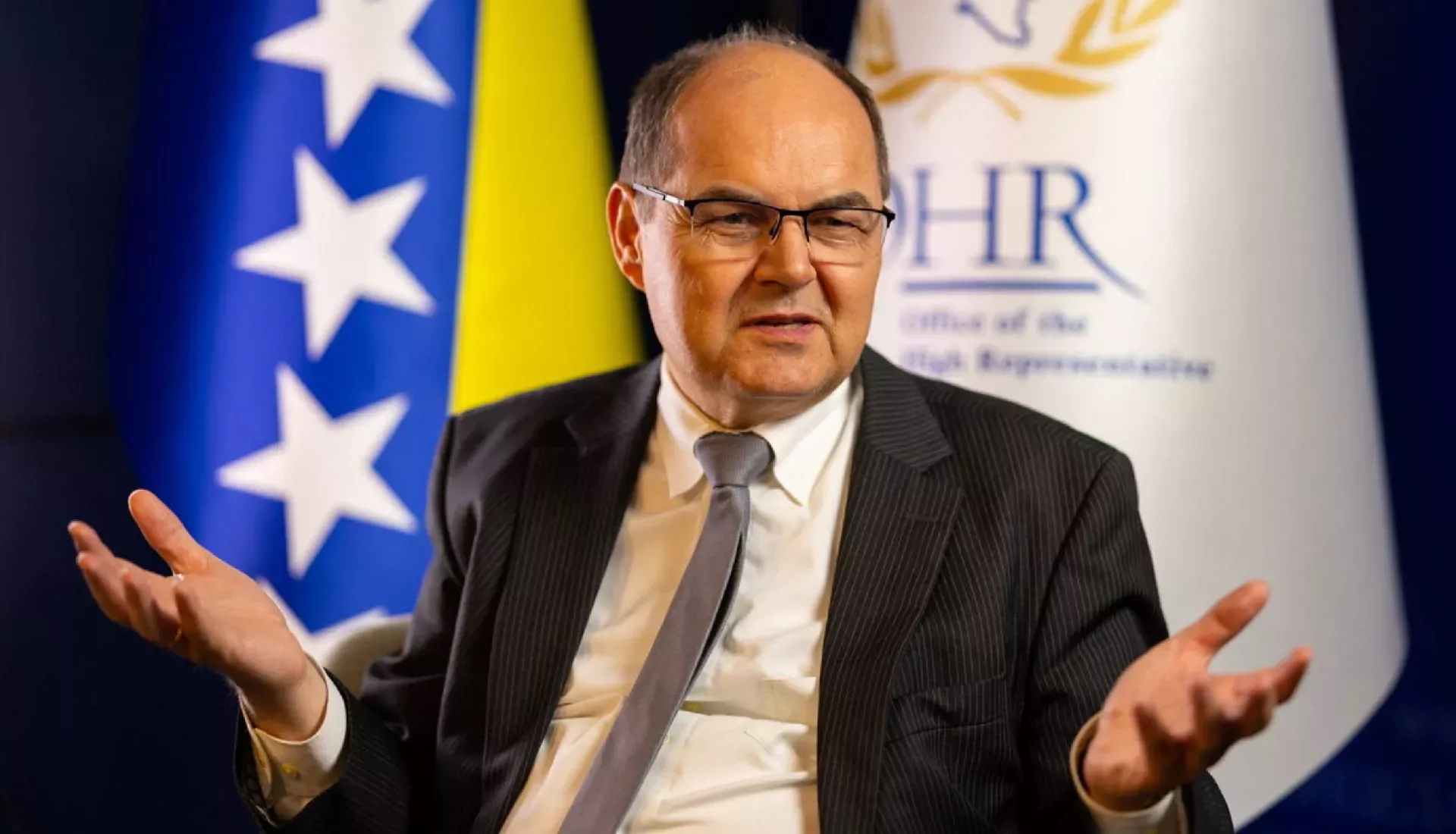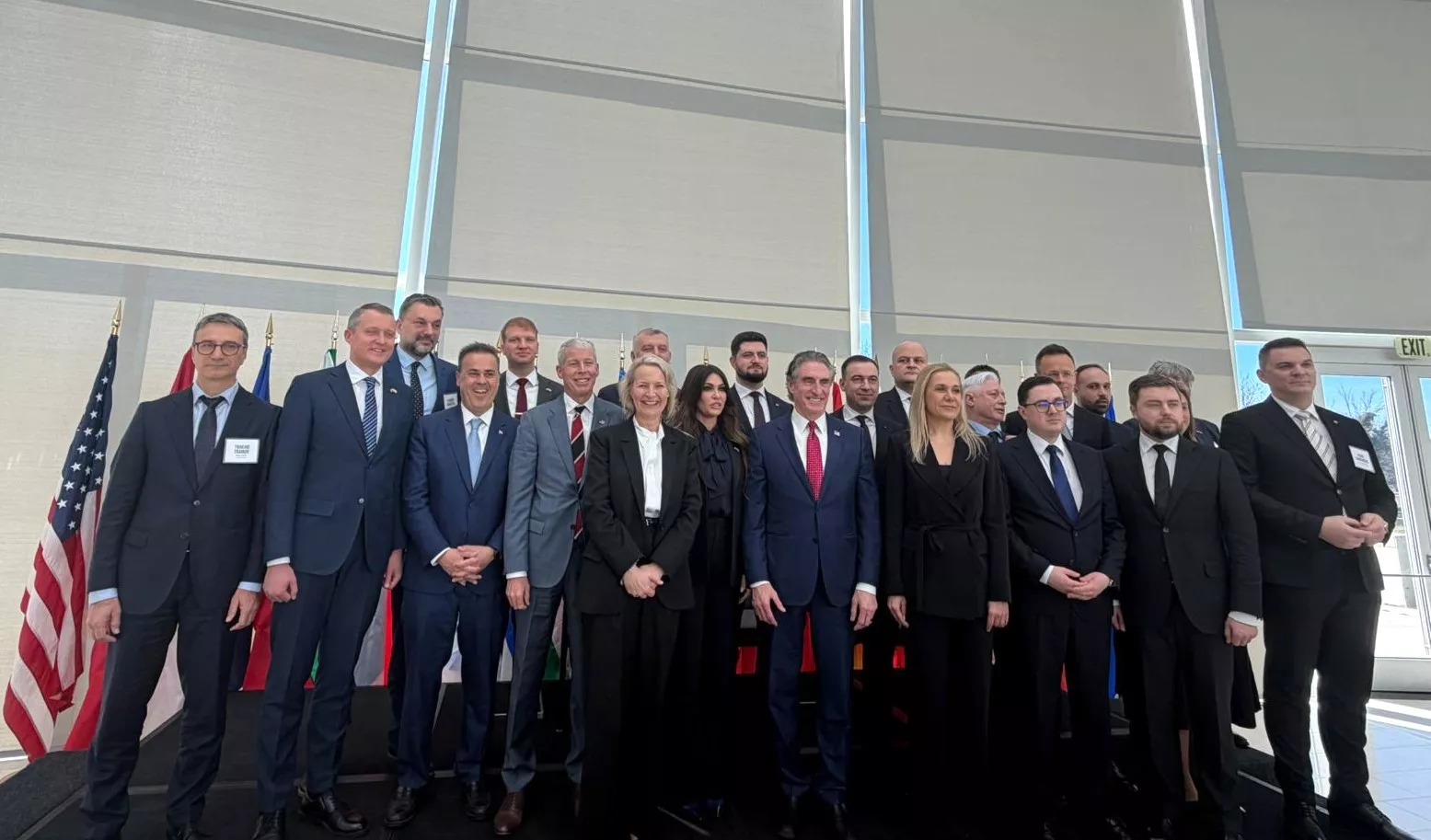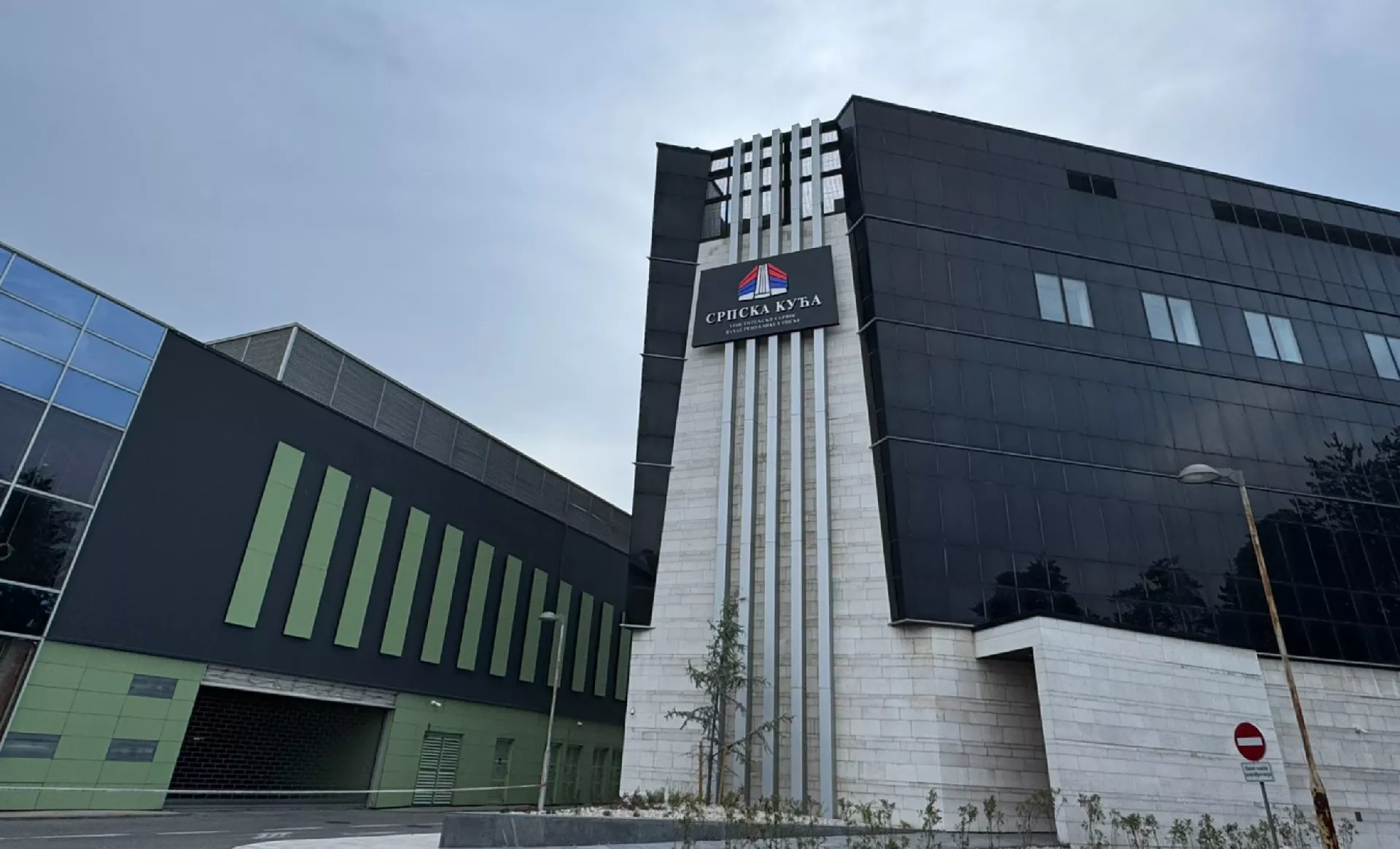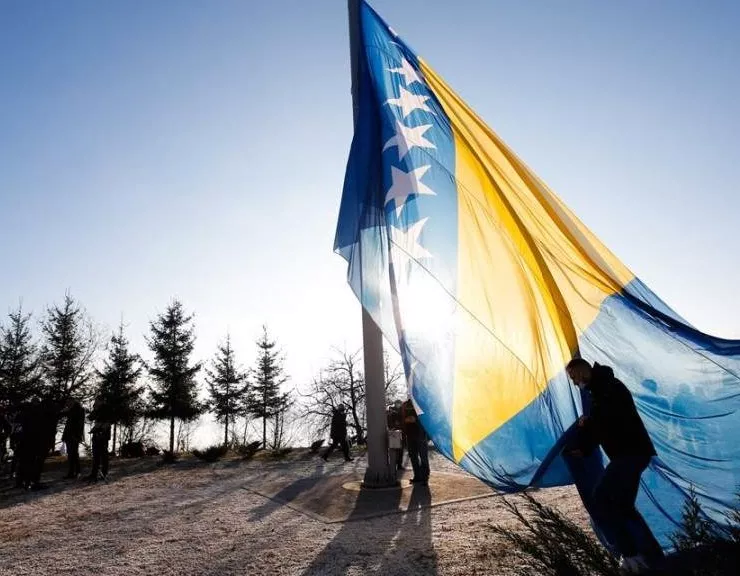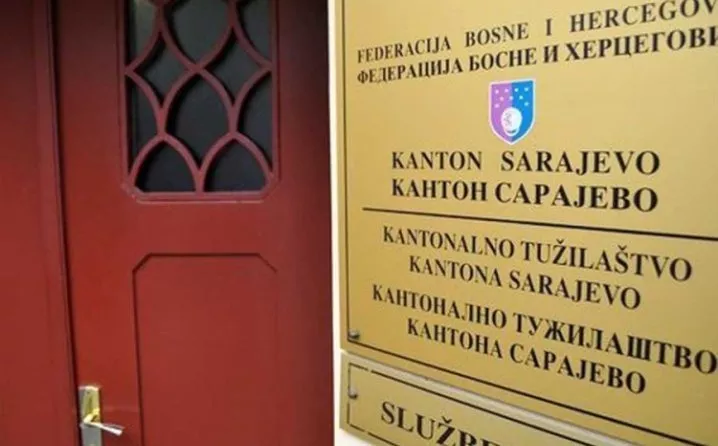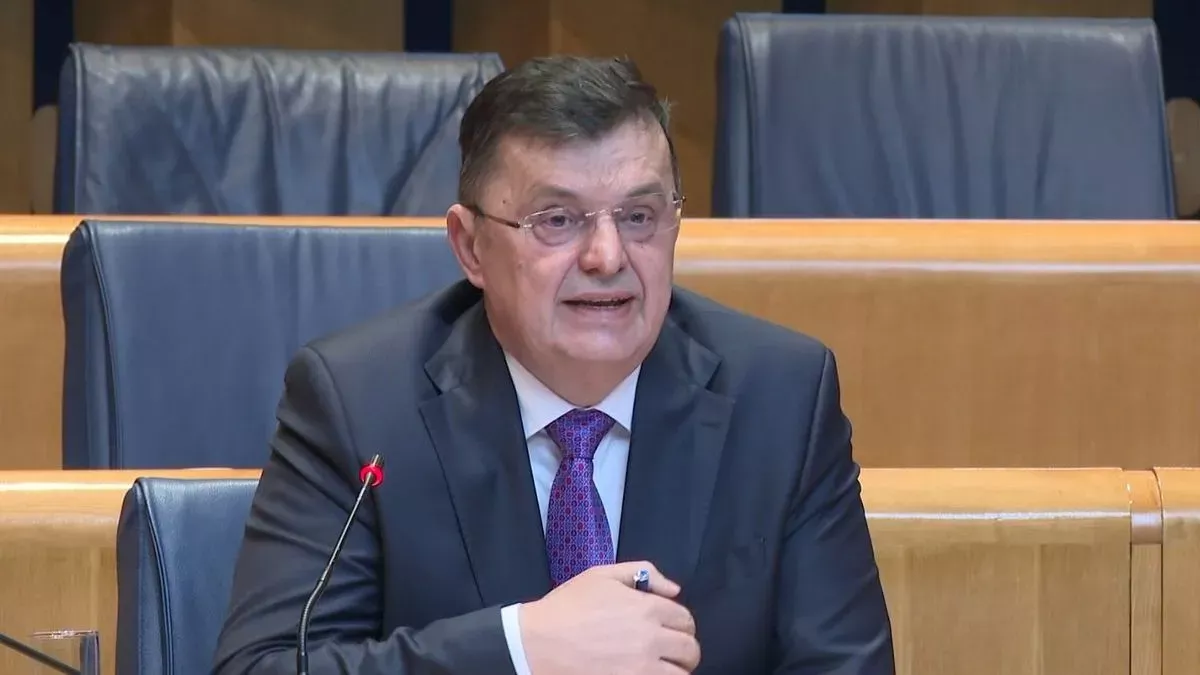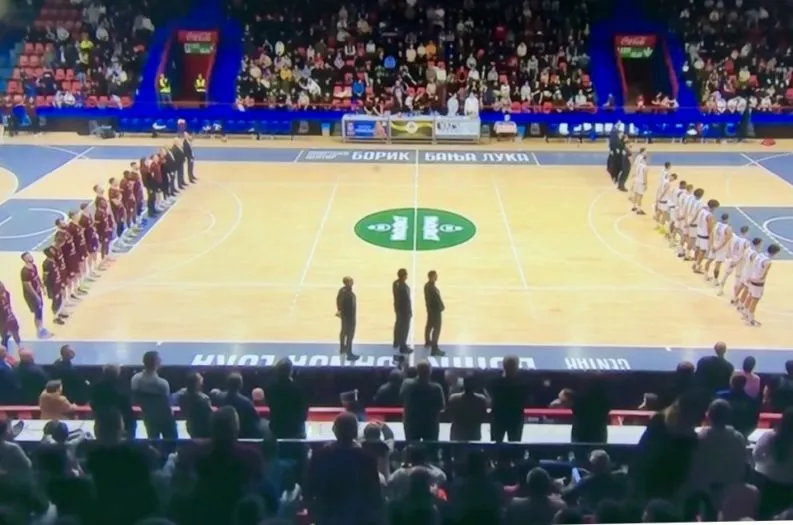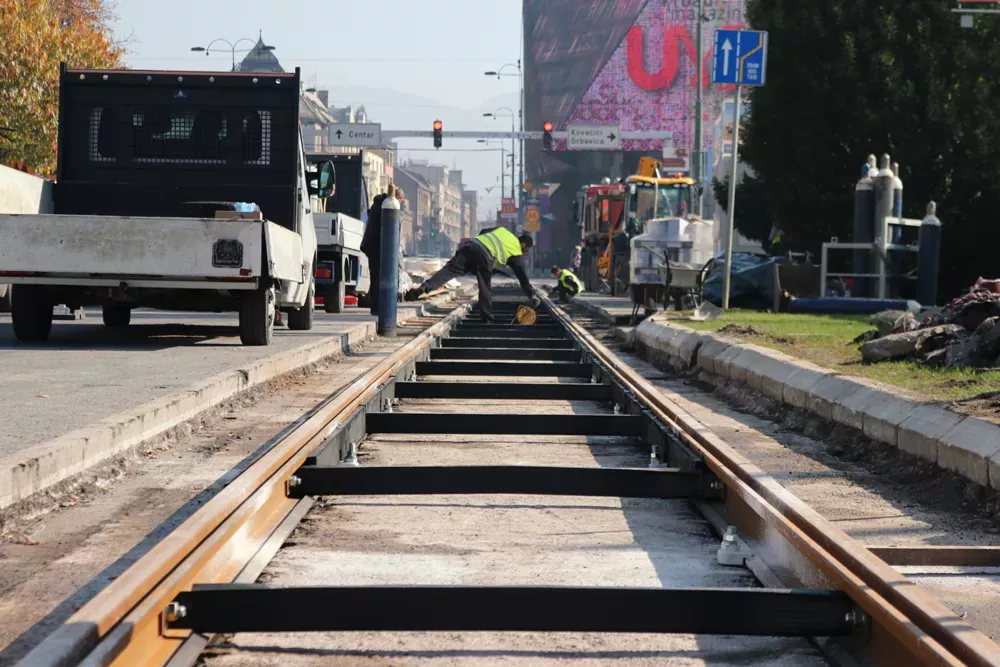


.jpg.webp)
By: Armin Aljovic
Faced with heavy accusations for crime, numerous unsolved murders, poor economy in the part of Bosnia and Herzegovina that he has ruled for longer than 10 years, as well as isolation by the United States of America, the former president of the Republika Srpska, the current member of the presidency BiH, Milorad Dodik is trying to raise his aggressive politics above the state institutions. If he succeeds in that, he will for the first time become a more important player at the international political stage than he has been thus far. And that would mean in practice his absolute freedom and domination.
Dodik heavily relies on populism and war rhetoric to stay on power. He manipulates by fear and blackmail. It is a model well tested by some politicians who closely collaborate with Dodik, such as Aleksandar Vucic in Serbia or some of Dodik's newest friends, the Hungarian Prime Minister Viktor Orban amongst others. The common denominator of their politics and ways is in autocratic manner of ruling; they maintain an absolute control over media, while they confront the unlike minded with brutality. Two days ahead of the October elections in BiH, Dodik threatened the voters in Gacko: 'those who are employed in Gacko, don't you dare vote for Govedarica and SDS. We will kick you out of your jobs.' The analysts have warned: Dodik and his party do not win the elections, they snatch them away'.
Jelena Trivic of PDP explained how awkward it was for her to watch people laughing while Dodik was talking about buying electoral votes.
The graduate of the Faculty of Political sciences in Belgrade, Dodik began his political career in 1986 as the president of the Executive board of the Laktasi municipality. He was 26 then. Ahead of the first multiparty elections in Yugoslavia in 1990, he became a member of the Alliance of Reform Forces (Ante Markovic). He was elected to the Parliament of Bosnia and Herzegovina. During the war, he worked as an independent delegate at the People's Assembly of the RS and one of the biggest opponents of the ruling SDS. Following the Dayton Peace Agreement in 1995, he was perceived as a moderate alternative to SDS, which was at the time facing the court trial for war crimes against Bosniaks and Croats. It was Dodik who called for extradition to the International Crime Tribunal for Former Yugoslavia of those convicted for war crimes, including the RS Army general Ratko Mladic who was hiding in Serbia, as well as the first president of the RS Radovan Karadzic, thus offering to the West a new political paradigm, different from the one responsible for the war crimes in BiH and Croatia, later in Kosovo as well. The international community saw him as a 'breath of fresh air in the Balkans'. However, it didn't take long before Dodik became 'stench of death' not only for those few Bosniak and Croat returnees in BH entity Republika Srpska – whom he deprived from the basic human rights as is the right to study their mother tongue, by which he keeps violating the Constitution of the RS too, thus becoming a risk for the Serbs who try to disagree with him.
After Dodik's SNSD had lost the elections in 2000, he turned against the concept of Bosnian unity and good relations with the West. 6 years later, he ran the elections using fierce nationalistic rhetoric, inter alia glorifying Mladic and Karadzic. Ever since, he has won every elections.
Under Milorad Dodik, the Republika Srpska saw an economic failure. Its overall debt has surpassed the threshold of 60% GDP, which could result any moment in the ultimate breakdown of the public budget.
By the end of 2017, there were 300,202 insured citizens and 260,580 pensioners, which could easily cause a collapse of the retirement system. The lowest salary in the RS is 440 KM, which does come near even 25% of consumer basket, which in BiH totals 1,800 KM for a family of 4. When journalists asked Dodik why he approved a loan of 3 million KM by the government's bank, he answered: 'That's better for him than to become a bum or a drug addict here in Banja Luka'.
Although he appears to be an absolute ruler in the Republika Srpska, Dodik is actually more of a 'paper tiger'. His power is walking on the edge. Thousands of the RS citizens every evening gather at Trg Krajine in Banja Luka, requesting truth about the death of 21-year old David Dragicevic. David's father Davor blames the top members of the RS interior ministry for his son's death.
Dodik's key opponent at the last elections, Mladen Ivanic, won 298,000 votes, which is only 76,000 less than Dodik, even though Ivanic did not have the infrastructure nearly strong as Dodik did, including media support.
That's why Dodik isn't wasting his time – he is focusing on rapid destruction of BH institutions which, as far as he's concerned, still pose a threat, at least in theory. He recently announced the closing of the Intelligence agency BiH, offering a feeble justification without any supporting evidence that, the Intelligence agency is working against the Republika Srpska. Dodik is also requesting the closing of the State Court and the Prosecutor's office, as well as the Armed Forces BiH. During the first days of his chairing the presidency BiH, he has done everything to discredit and compromise the Presidency BiH which serves as a collective president of the state. At the same time, he has been working on strengthening the RS police, purchasing weapons from Serbia.
In his destructive campaign, Dodik has not spared the international community either, including the High Representative, the only curator of the Dayton Peace Agreement from 1995, which stopped the bloodshed in the country. During the inauguration ceremony at the presidency, in front of all the foreign ambassadors, Dodik said: 'The international community should leave Bosnia and Herzegovina'.
He did not hesitate to humiliate the US president Donald Trump. Dodik responded to the greeting card for BH statehood day sent by the White House to BH presidency by writing back that 'Bosnia and Herzegovina does not have its statehood day'.
The biggest support for Dodik arrives from Serbia. The analysts perceive it as an echo of greater-Serbia politics towards BiH, which, with generous help from Dodik, is trying to get hold of the part of BiH - Serbia's war goal from the nineties that has not been met.
Srdjan Susnica, a sociologist, attempted to explain that: 'Serb nationalism is always looking at BiH as its promised territory'. However, support for Dodik's politics also comes from Zagreb, via HDZ BiH. The Croat nationalism as well has an interest in fall of Bosnia and Herzegovina in order to take possession of its territories. The evidence is in The Hague's verdict for the joint criminal enterprise by the leaders of so-called Herzeg-Bosnia. The former Serbian and Croatian presidents Slobodan Milosevic and Franjo Tudjman had openly discussed division of Bosnia and Herzegovina; the stenograms of their talks were used as the court evidence.
Dodik's extremism can be stopped in two ways – by strong probosnian bloc consisted of all three peoples (including those who don't belong to any of the three peoples, of course), and an intervention by the international community. Dodik is not as strong as he appears, however, one thing is certain; unless Dodik is stopped, this could be an end to Bosnia and Herzegovina. This time, Dodik will not only talk about destroying BiH. Breaking BiH and secession of the RS would be a tremendous alibi for Dodik for billions of state money that he spent. The High Representative said a few months ago: 'Dodik is building his own empire. The western community should think about its removal.'
Unless the international community removes Dodik's 'empire', it will be responsible for not having done so.
